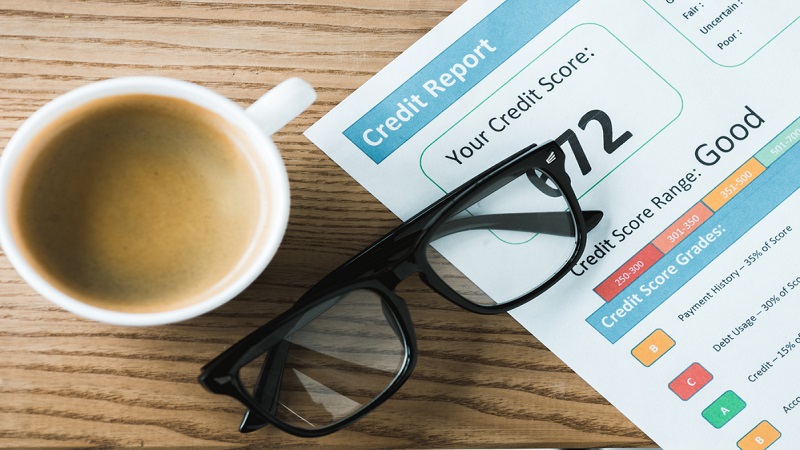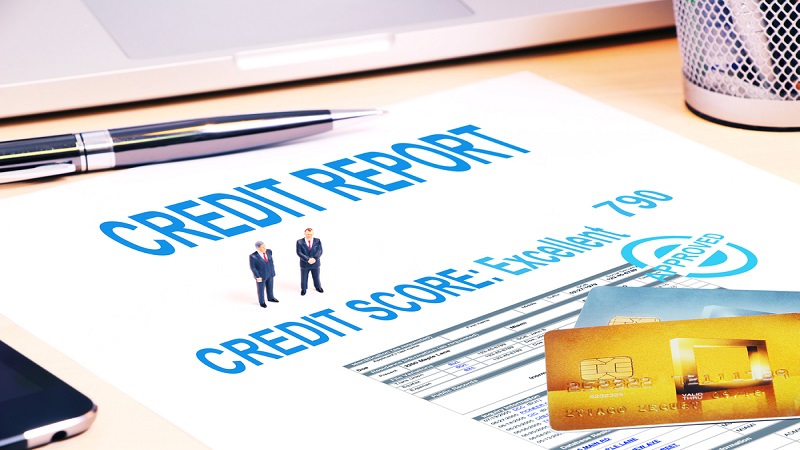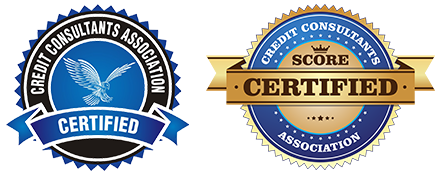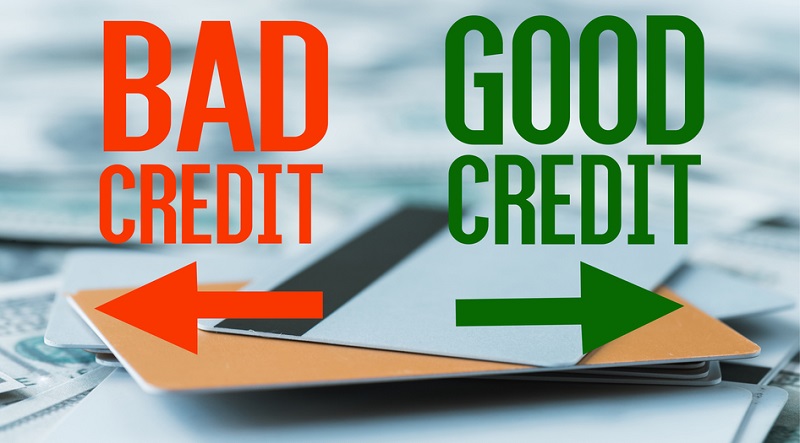- Home
- Repair 101
- Annual Credit Report Credit Score
Annual Credit Report Credit Score - for FREE!

Get your annual credit report credit score and your actual FICO credit score. You will be glad that you did!
When you apply for a credit card or loan, the lender will check your credit score. Employers may look at your credit report when you apply for a new job or are considered for a promotion.
If you aren’t sure what the difference is between your credit score and your credit report, all of this checking business may get confusing.
You want to know exactly what lenders and employers are viewing when they check your history, so take a few minutes to learn the difference between annual credit report credit scores and credit reports.
What Is a Credit Report?

A credit report is a document that records your financial history. If you open a credit card or finance a new car, the lender will likely report that information to at least one of the three credit bureaus.
They will then continue to report whether you make timely payments, miss payments, or make late payments. All of that information is collected in your credit report along with personal information like your home address, phone numbers, and places of employment.
Anyone who checks your full credit report will see the following information:
1. Personal information, including:
- Name(s), including maiden or married names and other aliases
- History of home addresses
- Phone number
- Date of birth
- Social security number
- Employment information
This information is often used by lenders to verify your identity and any personal information you have given them on applications.
2. Active and closed credit accounts.
The accounts section on your credit report may include active credit cards and loans as well as those that have closed on good or negative terms. The report will show all of the following for each account listed:
- Payment history
- Original amount borrowed or loans
- Amount still owed on loans
- Maximum credit limit for credit cards
- Balance on credit cards
- Identity and contact information of lenders
- Status of bad debt (collections, written off, etc.)
Some lenders may also make comments on your credit report that can influence decisions made by future lenders.
3. Public records can include bankruptcies, liens, and other financial information collected from the courts.
While these records have an impact on your credit report, there isn’t much you can do about some of the information. For instance, a bankruptcy can stay on your credit report for up to a decade even though it doesn’t impact your annual credit report credit score the entire time.
4. Credit inquiries are recorded every time someone other than yourself checks your credit report.
Some inquiries are known as “hard inquiries” and can have an impact on your annual credit report credit score. Others are “soft inquiries” that will have no impact.
When you apply for a new credit card or loan, assume that each application will result in a hard inquiry. You don’t want to have too many inquiries in a short period of time because it can reflect negatively to lenders and may pull your credit score down in the short term.
Your credit report is a document that contains all off this information, and it can change as you make financial moves in your daily life. You can view a copy of your credit report from all three credit bureaus once a year for FREE by visiting annualcreditreport.com.
You may also request a copy of your credit report for FREE if you’re denied a credit card or loan. You will receive information on how to do that in the denial letter mailed to you by the lender.
You can also use services like Credit Karma and Credit Sesame to view your credit report from at least two of the reporting agencies. Keep in mind that you must provide these services your personal information and access to your credit report in order to use the service.
What Is an Annual Credit Report Credit Score?
While your credit report is an actual document that you can print out and view to gain a detailed understanding of your financial history, an annual credit report credit score is a single number that reflects that history.
Everything recorded on your credit report has an influence on your credit score. That score will go up and down over time, depending on your financial behavior.
When you apply for a credit card online and you’re automatically approved, the system is likely looking just at your credit score. If you’re denied and your application is reviewed by a human, they may consider your credit report as well as your credit score.
What if you apply for a loan or credit card at a bank or car lot in person? They may view your credit report as well as glimpsing at your credit score to make a final decision on your application.
Credit scores range from 300 to 850 with the following general categories:
- Poor Credit – 579 and below
- Fair credit – 580-669
- Good credit – 670-739
- Very good credit – 740-799
- Excellent credit – 800-850
The higher your credit score, the better terms you’re likely to receive when applying or credit cards and loans. The way to increase that score is to repair negative information found in your credit report before you need to apply for a mortgage
Free 5-Day - Start Repairing Credit Challenge - Do It Yourself - Including A Live Expert Question & Answer Session.

Related Articles:
- Better Credit Booster News and Tips
- 101 Credit Tips to Boost Credit Score Points, Today!
- Frequently Asked Credit Repair Questions and Answers (FAQ)
- How to Start Repairing Credit
- Credit Repair Shouldn't Cost a Fortune!
- Credit Score Ranges Explained in Terms That You Can Understand






